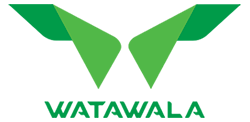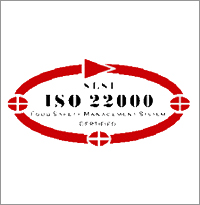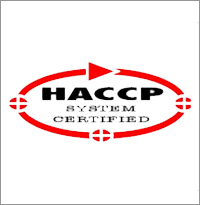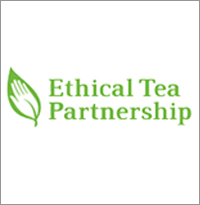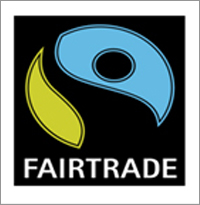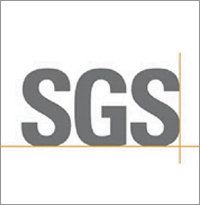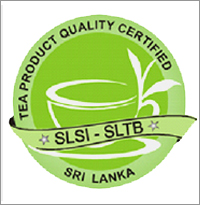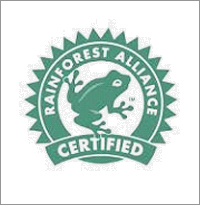ISO 22000 : 2005
ISO 22000 is an international standard which specifies the requirements of a food safety management system covering all organizations in the food chain from “farm to fork” and where we are concerned – from “bush to cup”. It is all about managing food safety risks across the food supply chain.
The standard combines generally recognized key elements to ensure food safety along the food chain including:
– Interactive communication
– System management
– Control of food safety through pre-requisite programmes and HACCP plans
– Continual improvement and updating of the food safety management system
